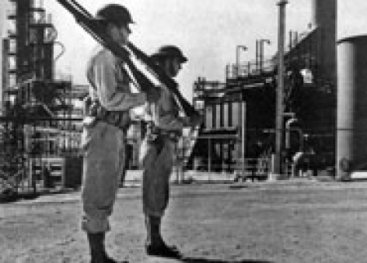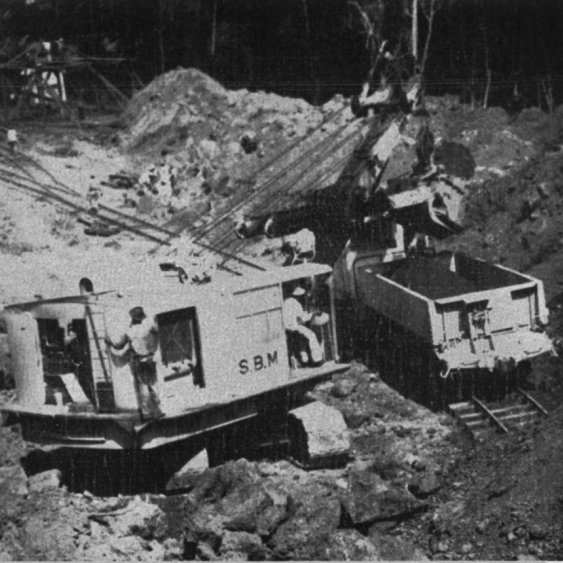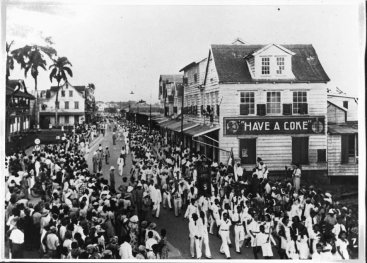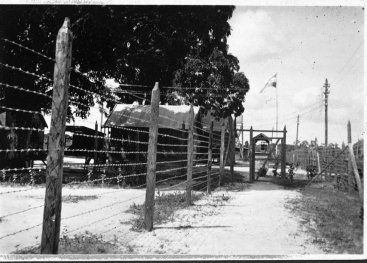
Industry
Bauxite and oil
Since 1922 ore had been extracted in Surinam from the red rock bauxite. This was used to produce aluminium. At the same time, Curaçao and Aruba became home to refineries for the processing of oil extracted in Venezuela.
Industries flourished
The oil and aluminium industries flourished during the war. Eighty percent of the fuel used by the British air forces came from Curaçao and Aruba. Aluminium from Surinamese bauxite was used in the construction of around 60 percent of all allied planes.


Industries guarded
These key industries are guarded by American troops but also by Surinamese, Antilleans and Arubans. And by soldiers from the Prinses Irene Brigade, the army formed by the Dutch government, exiled in England at the time.
German attacks
In 1942, German submarines attack the oil installations, the oil tankers and other ships at sea. The oil installations suffer slight damage and dozens of ships go up in flames. But the Americans’ measures are effective and in 1943 the German attacks diminish.

The Chinese conflict
15 Chinese seamen dead
In April 1942, 400 Chinese seamen on the Antilles go on strike. They are badly paid even though they work in the holds of the oil tankers, the most dangerous place to be during submarine attacks. But strikes are forbidden because of the importance of the work to the war effort. The strikers are arrested immediately. The police suppress the ensuing unrest with a great deal of violence. They shoot fifteen Chinese seamen.
Censors
An article about the poor treatment of the Chinese seamen is banned by the censors. The editors draw attention to the rights of the Chinese by leaving the space for the article blank apart from a brief text from the Curaçao regulations on the abolition of slavery.

